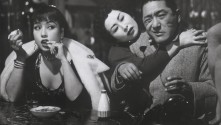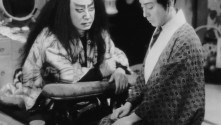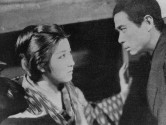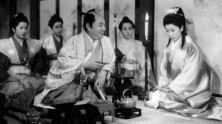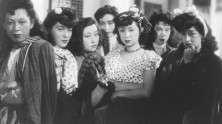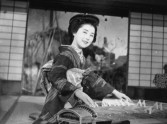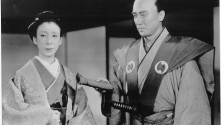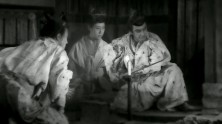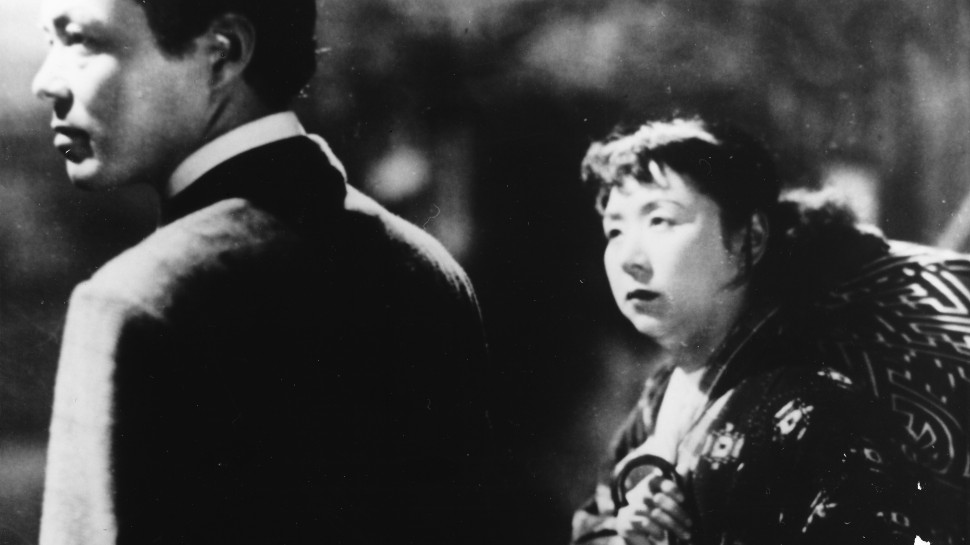
My Love Burns
(Waga Koi wa Moenu)
With Kinuyo Tanaka, Ichiro Sugai, Mitsuko Mito.
Japan, 1949, 35mm, black & white, 96 min.
Japanese with English subtitles.
Loosely based on the life of Furuka Eiko, one of the few important female activists of the Meiji period “People’s Rights” movement, My Love Burns is considered the final work in Mizoguchi’s so-called “woman’s liberation trilogy” formed by Victory of Women and The Love of Sumako, the Actress. The film’s grappling with the stakes and possibilities of democracy in postwar Japan make obvious its origins as an assignment forced upon Mizoguchi by the US occupation government. And yet, My Love Burns remains an important work for signaling the ratcheting up of the emotional charge and intensity of Mizoguchi’s postwar films and for its flashes of sudden optimism that Japanese women may one day forge a more just place for themselves. The mark of Kaneto Shindo, who had earlier apprenticed in art direction for Mizoguchi, as co-screenwriter is apparent in the film’s brutal yet expressive violence.





